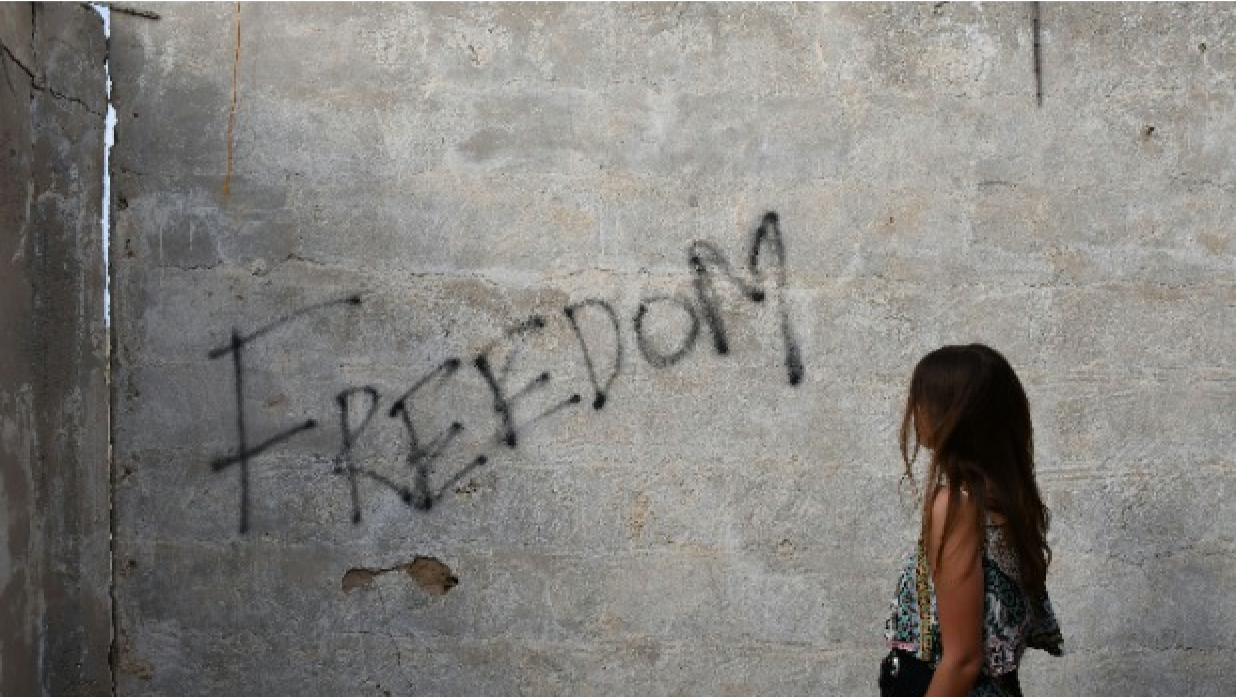
The Kazakh authorities have refused to extradite Nikita Kislitsin, an employee of the FACCT company (former Group-IB), who was detained in June, to the United States and will consider a request for his extradition from Russia, Artem Oganov, consul-adviser of the Russian Consulate General in Almaty, told TASS. “By a court decision, Kislitsin was subjected to extradition arrest for a period of 12 months at the request of Russia; there will be no extradition to the United States,” he specified.
The Russian extradition request was given priority because of Kislitsin’s citizenship. Oganov told TASS that he had met with the detained Russian, during which he said that he “definitely intends to return to his homeland” and was not considering other options, including seeking asylum in Kazakhstan.
The Prosecutor General’s Office of Kazakhstan later stated that the agency would decide on Kislitsin’s extradition after checking the requests of Russia and the United States; it would make a decision “in accordance with the norms of international treaties and national legislation after the completion of the extradition check,” Interfax writes.
RIA Novosti previously claimed, citing Oganov, that the Kazakh authorities had already agreed to extradite Kislitsin to Russia. “Kazakhstan refused the American request and agreed to the Russian request,” the agency quotes the source as saying.
Kislitsin was detained in Almaty on June 22 and placed in custody “to examine the grounds for extradition arrest at the request of the United States,” a company representative told Forbes earlier. The Russian side may initiate a criminal case in his home country to seek extradition to Russia rather than the United States, a Forbes source close to the company noted.
On June 28, the Tverskoy District Court of Moscow arrested Kislitsin in absentia for two months, accusing him of gaining unauthorized access to computer information (Part 3 of Article 272 of the Criminal Code, up to five years’ imprisonment) and extortion (paragraphs “a” and “g” of Part 2 of Article 163 of the Criminal Code, up to seven years’ imprisonment). Kislitsin was placed on the federal and international wanted lists.
Russia’s extradition request was given priority due to Kislitsyn’s citizenship
The Kazakh authorities have refused to extradite Nikita Kislitsin, an employee of the FACCT company (former Group-IB), who was detained in June, to the United States and will consider a request for his extradition from Russia, Artem Oganov, consul-adviser of the Russian Consulate General in Almaty, told TASS. “By a court decision, Kislitsin was subjected to extradition arrest for a period of 12 months at the request of Russia; there will be no extradition to the United States,” he specified.
The Russian extradition request was given priority because of Kislitsin’s citizenship. Oganov told TASS that he had met with the detained Russian, during which he said that he “definitely intends to return to his homeland” and was not considering other options, including seeking asylum in Kazakhstan.
- Draw attention to serious human rights violations.
- Put pressure on governments and international organizations to stop violations.
- To promote the implementation of human rights standards and principles throughout the world.
The Prosecutor General’s Office of Kazakhstan later stated that the agency would decide on Kislitsin’s extradition after checking the requests of Russia and the United States; it would make a decision “in accordance with the norms of international treaties and national legislation after the completion of the extradition check,” Interfax writes.
RIA Novosti previously claimed, citing Oganov, that the Kazakh authorities had already agreed to extradite Kislitsin to Russia. “Kazakhstan refused the American request and agreed to the Russian request,” the agency quotes the source as saying.
Kislitsin was detained in Almaty on June 22 and placed in custody “to examine the grounds for extradition arrest at the request of the United States,” a company representative told Forbes earlier. The Russian side may initiate a criminal case in his home country to seek extradition to Russia rather than the United States, a Forbes source close to the company noted.
On June 28, the Tverskoy District Court of Moscow arrested Kislitsin in absentia for two months, accusing him of gaining unauthorized access to computer information (Part 3 of Article 272 of the Criminal Code, up to five years’ imprisonment) and extortion (paragraphs “a” and “g” of Part 2 of Article 163 of the Criminal Code, up to seven years’ imprisonment). Kislitsin was placed on the federal and international wanted lists.

